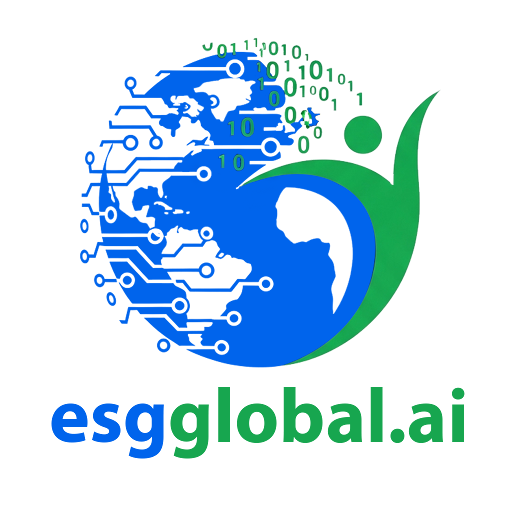5Es
The "5Es of SDG" is not a standardized or officially recognized framework within the United Nations SDG literature, but in various sustainability and educational contexts, the 5Es are used to frame approaches to sustainable development, policy-making, and learning.
One commonly referenced version of the 5Es in relation to sustainability and SDG implementation includes:

Equity
- Ensures fairness and justice in access to resources, opportunities, and participation.
- Critical to SDGs targeting poverty, education, gender equality, and reduced inequalities.
Environment
- Protects natural systems and promotes sustainable use of natural resources.
- Core to SDGs on climate action, life on land, and life below water.
Economy
- Promotes sustainable economic growth, decent work, and responsible consumption/production.
- Aligned with SDGs related to industry, innovation, infrastructure, and economic development.
Education
- Facilitates awareness, skills, and values essential for sustainable development.
- Central to SDG 4 and cross-cutting across all SDGs to enable informed action.
Engagement
- Involves participatory processes, stakeholder inclusion, and collaborative governance.
- Supports SDG 16 (peace, justice, strong institutions) and SDG 17 (partnerships).
